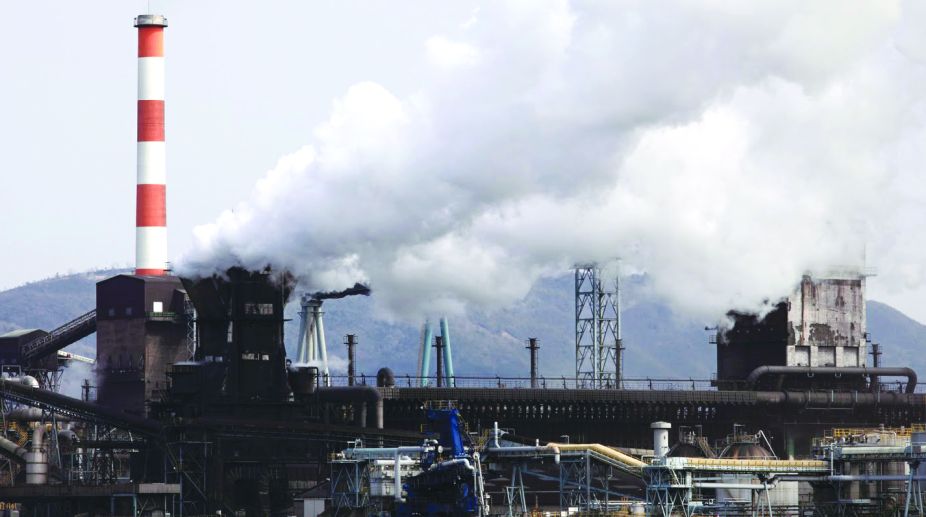Fatuous sagacity~I
In today’s world, next to the politicians, the most powerful men and women have been the group of people who call themselves ‘economists’.
The feedbacks effects include permafrost thaw, loss of methane hydrates from the ocean floor, weakening land and ocean carbon sinks and increasing bacterial respiration in the oceans. They also include Amazon rainforest dieback, boreal forest dieback, reduction of northern hemisphere snow cover, loss of Arctic summer sea ice, and reduction of Antarctic sea ice and polar ice sheets.

Presently, the global average temperature is about one degree higher than that of the pre-industrial era and increases 0.17 degrees each decade.
Our planet, Earth is under the risk of falling into an irreversible greenhouse state due to Global Warming. This would make several regions of the planet unfit for the humans. This was revealed by an international study led by Will Steffen from the Australian National University (ANU).
This study warned that if this happens, this could result in temperatures rising to about five degrees over pre-industrial levels and sea level rising up by 10-60 metres in the long term.
Advertisement
Presently, the global average temperature is about one degree higher than that of the pre-industrial era and increases 0.17 degrees each decade.
Advertisement
Steffen warned that if the temperatures increased by two degrees due to human activities, a process known as “feedback” would start in the Earth’s system, that could intensify global warming even if greenhouse gases are no longer emitted.
These tipping elements can potentially act like a row of dominoes. Once one is pushed over, it pushes Earth towards another. It may be very difficult or impossible to stop the whole row of dominoes from tumbling over,” Steffen said in a statement.
The feedbacks effects include permafrost thaw, loss of methane hydrates from the ocean floor, weakening land and ocean carbon sinks and increasing bacterial respiration in the oceans.
They also include Amazon rainforest dieback, boreal forest dieback, reduction of northern hemisphere snow cover, loss of Arctic summer sea ice, and reduction of Antarctic sea ice and polar ice sheets.
The feedback effects could also lead to uncontrollable emissions of carbon that have been stored on Earth.
Steffen urged the international community to accelerate the transition towards an emission-free world economy.
This study was initially published in the PNAS scientific journal and involved scientists from Switzerland, Denmark, the UK, Belgium, US, Germany and the Netherlands.
Advertisement